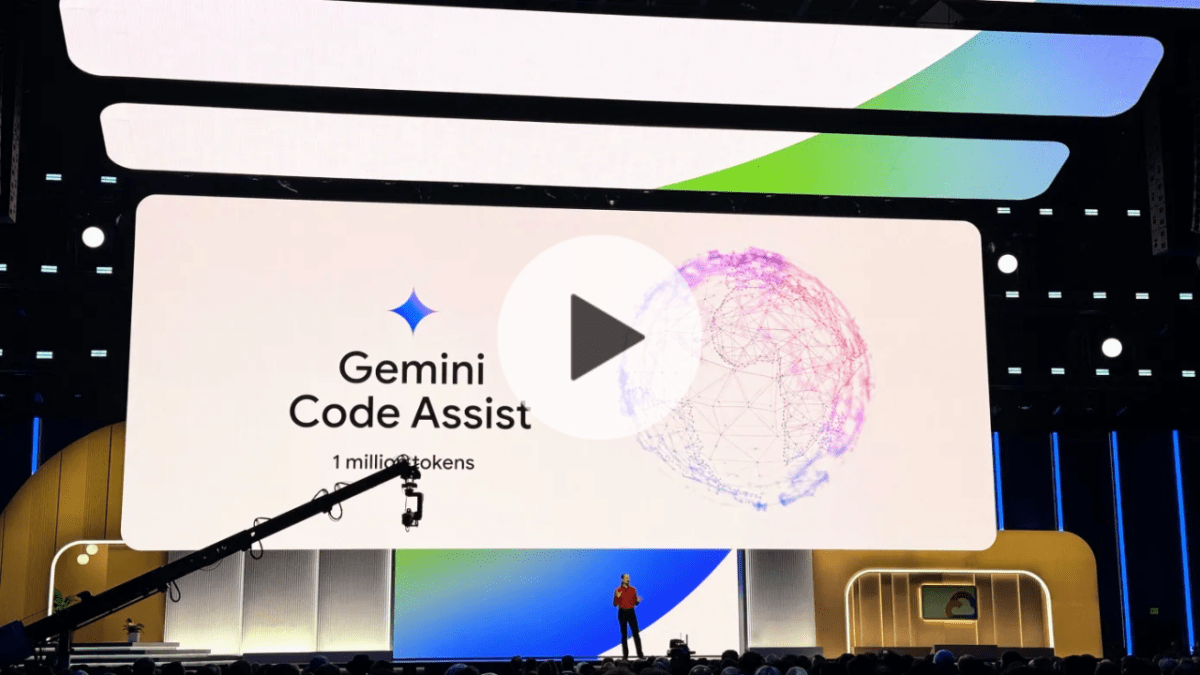Can AI eat the jobs of the developers who are busy building AI models? The short answer is no, but the longer answer is not yet settled. News this week that Google has a new AI-powered coding tool for developers means that competitive pressures between major tech companies to build the best service to help coders write more code, more quickly is still heating up.
Microsoft’s GitHub Copilot service that has similar outlines has been steadily working towards enterprise adoption.
Both companies want to eventually build developer-helping tech that can understand a company’s codebase, allowing it to offer up more tailored suggestions and tips.
Startups are also in the fight, although they tend to focus on more tailored solutions compared to the broader offerings from the largest tech companies. The most recent Y Combinator batch includes Pythagora, Tusk, and Ellipsis, which are working on app creation from user prompts, AI agents for bug-squashing, and turning GitHub comments into code, respectively.
Everywhere you look, developers are building tools and services to help their own professional cohort.
As developers today learn to code, they won’t know a world without AI-powered coding assistance. We can think of this as the “graphic calculator era” for software builders. However, there is a concern that over time, the AI tools that are constantly learning from massive amounts of code may become advanced enough to replace the need for humans to write code for companies themselves. And if a company can save money by employing fewer people, it’s likely that they will do so.
Thankfully, given the complexities of modern software and the ever-present tech debt, what big tech and startups are currently building seems to be very useful coding assistance rather than something ready to fully replace or even significantly reduce the need for human developers. At least for now. It would be unwise to bet against the possibility of major changes in the development landscape over the next few decades. As technology continues to evolve, we can only anticipate what the future holds for the role of developers in the AI-dominated world.








